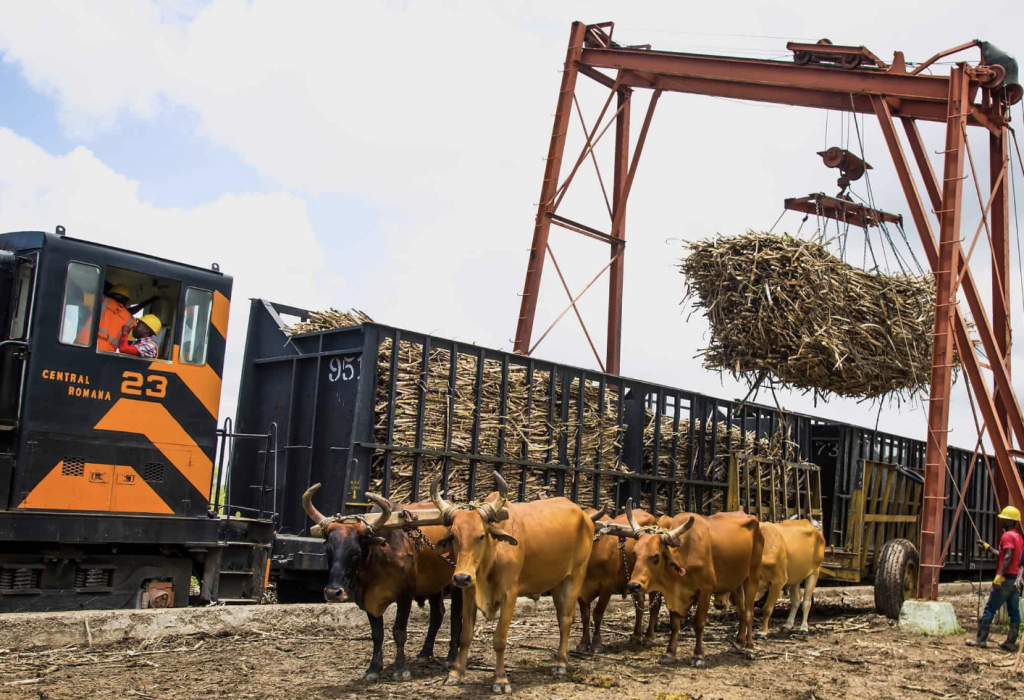
The most impactful news of the past week and over the weekend was the announcement by the United States government that sugar from the American-owned La Romana Sugar Corporation would no longer be accepted in any US port. The note alleged labor issues as the key point. Local reaction was swift, to say the least.
Agriculture Minister Limber Cruz said that there was no evidence of any sort of abuse against workers as alleged in the original note, and he stressed the importance of the US market for domestic sugar. While admitting that “years ago” there were certainly some poor labor practices, these have long since been overcome.
The Central Romana itself was quick to react to the note issued by the Customs and Border Protection agency and published a point by point denial at the end of the week. Briefly, the accusations of “forced labor” were dismissed out of hand, as were the ideas of retained salaries, abusive working conditions and too many working hours.
Referring to the accusation of an abuse of worker vulnerability, La Romana noted that workers who are not familiar with Spanish are interviewed and hired by personnel who are fluent in Haitian Creole and French, since the vast majority of these workers are from Haiti.
Regarding the question of workers being isolated from urban areas, it was noted that none of the areas that house sugarcane field workers are very far from the urban areas and services for most needs are provided locally as well.
Salaries are certainly nowhere below average, and, in fact, are one of the biggest incentives to work at La Romana. Pay is made on a weekly basis, and bonuses and other incentives are paid on time and in full.
Other issues such as hours of work, living conditions and benefits were noted point-by-point, and the company said that anyone can check on these statements.
Diario Libre interviewed workers at Central Romana who rejected the statements that lead to the ban on exports.
Read more in Spanish:
Diario Libre
Diario Libre
Diario Libre
Diario Libre
28 November 2022

